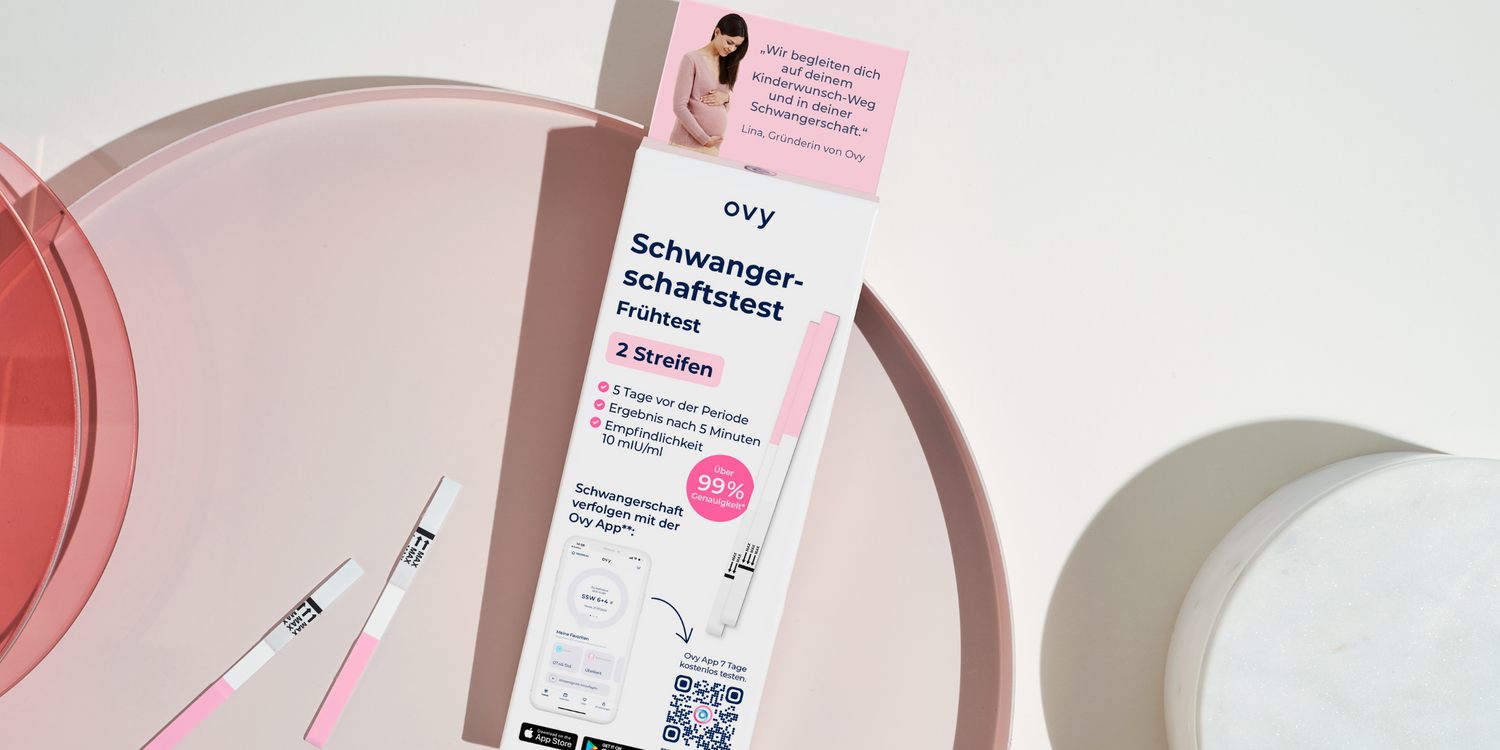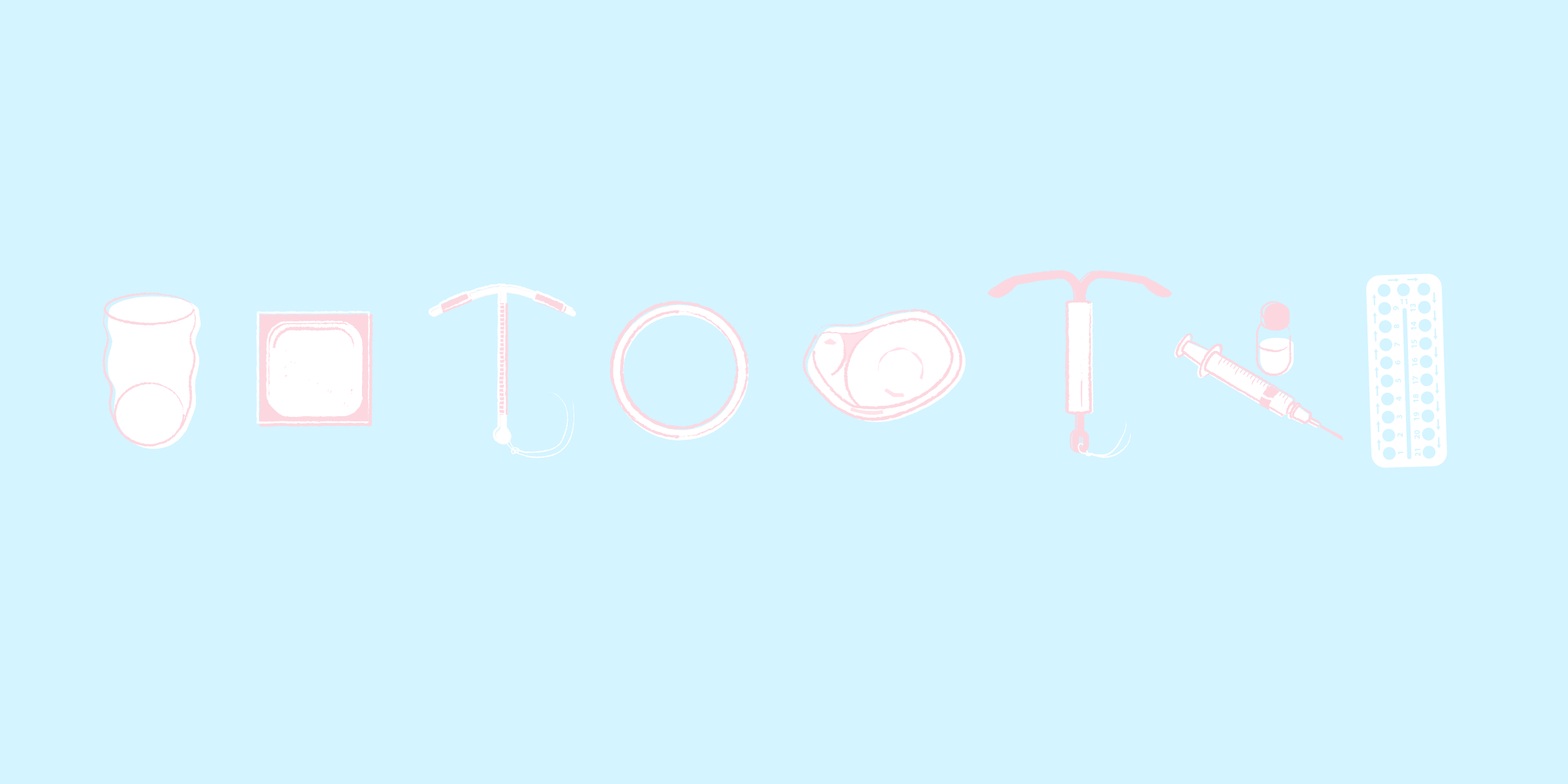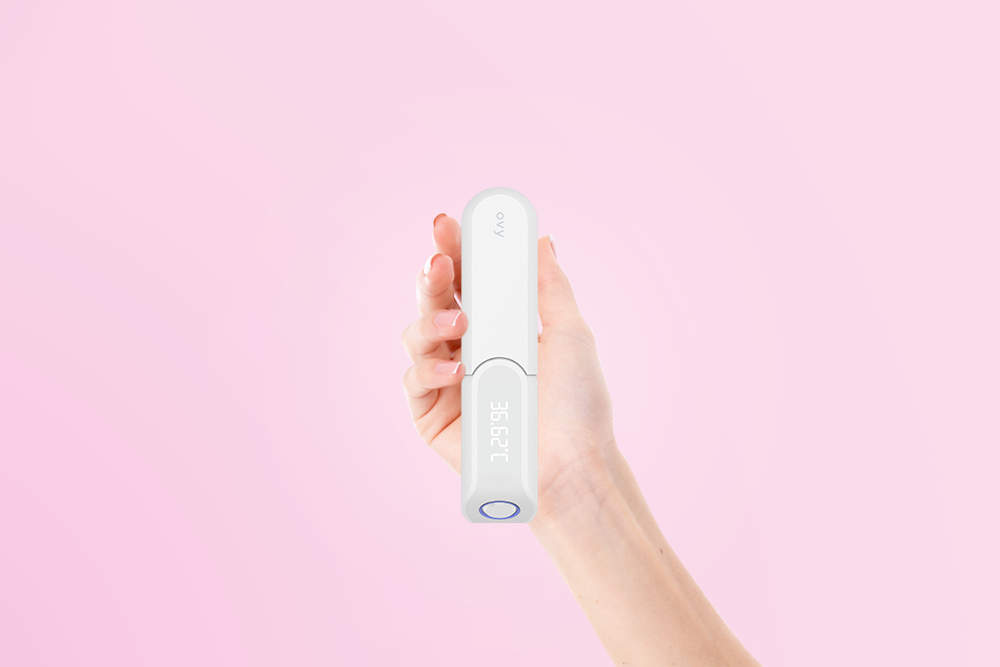Key Takeaways
- The right time for a test depends on your cycle.
- You can take a urine test or blood test.
- Early detection tests can give a result before your period is due.
When can you take a pregnancy test? A simple question, but not an easy answer. After all, there are several factors to consider—depending on the type and timing of the test. Generally, we want the result sooner rather than later, ideally even before our period is due. So, when is the earliest you can test? When does it actually make sense? You’ll find the answers and tips on testing conditions here.
How does a pregnancy test work? The focus: the hCG hormone.
When can you take a pregnancy test? Many pregnancy tests, one common factor: detecting the pregnancy hormone human chorionic gonadotropin (hCG) in urine. A hormone that is usually produced only during pregnancy.
Embryonic hCG secretion begins early—just a short time after the fertilized egg implants in the uterine lining. The production rate is enormous: during the first four weeks, levels double approximately every 48 hours. First detections are possible as early as 6–12 days.
Types of pregnancy tests
There are essentially two types of tests: urine tests and blood tests. Both work on the same principle: a reaction to the pregnancy hormone hCG.
1. Quantitative test: Determines the exact amount of hCG in the blood.
2. Qualitative test: Checks whether hCG is present at all, confirming a pregnancy.
When can you take a pregnancy test? Blood tests detect pregnancy earlier!
When can you take a pregnancy test? A blood test can detect pregnancy earlier than a urine test. This delayed reaction occurs because hCG first enters the bloodstream before being transported to the kidneys and excreted in urine. Eight days after successful conception, the hCG level in the blood is about 10 mIU/mL, while in urine, it is only about 0.9 mIU/mL nine days after fertilization.
In short: A blood test at the gynecologist can confirm pregnancy sooner and more precisely.
Best time to take a pregnancy test
Once their period is overdue, most women can't wait any longer. The emotions are overwhelming, the suspense unbearable. Time for an early test.
When can you take a pregnancy test? The key factor: the timing of your period.
1. Option with an early detection test: Before the missed period
For those who can’t wait, early detection tests are ideal. They can detect pregnancy at an early stage shortly after fertilization. Reliable results are possible up to five days before your period. Even though very small concentrations of the pregnancy hormone are detected in urine, the test’s accuracy increases daily. A negative result at this early stage is not necessarily final.
To get a more accurate result, you should wait at least two weeks after ovulation—roughly the time of your expected period.
Are you the flexible type? If your cycle is irregular, it’s best to test three to four weeks after unprotected intercourse.
A little tip: Use morning urine, as hCG accumulates overnight and reaches its highest concentration. Drinking lots of fluids and testing during the day may dilute the urine, affecting the result. This is especially important when testing early.
The Ovy early test can be used up to five days before your expected period.
Click here for the early test.
2. Option: After a missed period
When can you take a pregnancy test? Whether good or bad, the first sign of pregnancy is often a missed period. This is the ideal time to take a pregnancy test. By now, the hCG concentration in urine is high enough for reliable results.
A standard urine test is effective about 14 days after fertilization, corresponding to the first day of the missed period. Accuracy at this point is around 95% but improves as pregnancy progresses.
3. Option: Use the Ovy App
With the Ovy App, you can predict your next period precisely and determine the best time for a pregnancy test. The test provides reliable results within five minutes with an accuracy of 99.9%, similar to a medical rapid test.
Newly pregnant: When to see a doctor? - When can you take a pregnancy test?
Did your home pregnancy test come back positive? Then it’s time to book an appointment and confirm the result!
When can you take a test at the doctor?
A medical blood test provides reliable confirmation of pregnancy as early as six to nine days after fertilization. It offers a secure confirmation of pregnancy. A thorough medical history is also taken to prevent potential complications.
In Germany, pregnancy is closely monitored according to the "Maternity Guidelines," ensuring safety for both mother and baby. The estimated due date is also calculated, helping you plan for the months ahead. This is also the time to ask initial questions about nutrition, prenatal check-ups, or any concerns you may have.
A tip from experience: If your pregnancy is confirmed and desired, start looking for a midwife right away!
Conclusion
When can you take which test?
References & Literature
- T. Chard, REVIEW: Pregnancy tests: a review, Human Reproduction, Volume 7, Issue 5, 1 May 1992, Pages 701–710, https://doi.org/10.1093/oxfordjournals.humrep.a137722
- Butler SA, Khanlian SA, Cole LA. Detection of early pregnancy forms of human chorionic gonadotropin by home pregnancy test devices. Clin Chem 2001; 47: 2131-2136
- Johnson SR, Miro F, Barrett S, et al. Levels of urinary human chorionic gonadotropin (hCG) following conception and variability of menstrual cycle length in a cohort of women attempting to conceive. Curr Med Res Opin 2009; 25: 741-748
- Bundesverband der Frauenärzte in Zusammenarbeit mit der Deutschen Gesellschaft für Gynäkologie und Geburtshilfe: Frauenärzte im Netz. Anzeichen einer Schwangerschaft & Schwangerschaftstest
- Bundeszentrale für gesundheitliche Aufklärung (BZgA): www.familienplanung.de. Der Schwangerschaftstest





